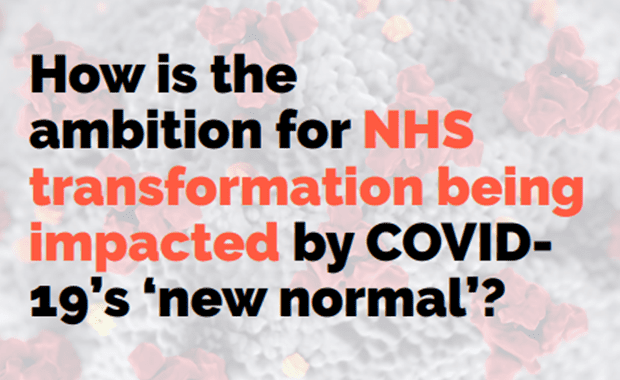By GK consultant and social care policy expert, Jack Sansum
15 months have now passed since Boris Johnson stood outside Downing Street promising to “fix the crisis in social care once and for all”. While there have been numerous rumours emanating from Whitehall that plans are finally starting to take shape, concrete plans for reform have yet to be proposed.
As cases of COVID-19 rise and the Government scramble to gain a sense of control over the virus, now may not seem like the ideal moment for Johnson to think about the longer term. The pandemic has laid out in stark terms the need for social care reform, and as the UK enters a second wave of COVID-19 infections, it is essential that the Government finally sets out a clear long-term vision to deliver care both during and after the crisis.
Promises, promises…
The starting point of all discussions concerns the quality of the delivery of care and the system. The government wants to improve the quality of care, while generating greater stability and capacity within the system by encouraging more providers into the market. The co-ordination of provision between the NHS and social care is central, with Greater Manchester – where resources are pooled – seen as a model of best practice for the rest of the country.
While there is agreement on a number of key issues, there is growing frustration at government inaction from within the social care sector, and heightened calls for a long-term strategy. Care England Chief Executive Prof Martin Green has been particularly vocal on the issue. During a recent evidence session of the Health and Social Care Committee’s workforce burnout and resilience inquiry, Green outlined to MPs that there had been ‘endless’ discussions about integration but a lack of vision.
Green’s calls have also been echoed by Ian Trenholm, Chief Executive of the Care Quality Commission, and the Health and Social Care Select Committee, who have urged the government to provide an emergency boost of £7 billion a year to prevent the system from collapse as the pandemic pushes the sector towards a funding crisis.
The ‘magic of averages’
For social care, the past 20 years have seen a plethora of promises but ultimately inaction in policy terms. By contrast, NHS spending and output has grown more quickly than the population. Without long-term planning, health and policy will continue to lack coherence.
The funding mechanism will be crucial in underpinning a long-term plan for social care. While addressing the recent Conservative Party Conference, Johnson outlined a plan to bring “the magic of averages to the rescue of millions”, causing many to infer he was considering a National Insurance style system to pay for the costs of care.
It has also been reported that Ministers have considered a personal cap on care costs and the introduction on a specific social care tax. The government is also said to be considering revisiting the 2011 Dilnot report which suggested there should be a cap on the amount which anyone should pay for their care in their lifetime, fixing the figure between £25,000 and £50,000.
A clear vision?
COVID-19 has elevated social care reform into an urgent policy priority for the Government. New policy and legislative proposals are likely to be examined by a new health and social care taskforce and DHSC, providing significant scope for social care providers to shape the structure and mechanisms of the plans.
To engage with the Government’s plans for reform effectively, organisations will need to understand the wider direction of health and social care policy. Health and social care is GK Strategy’s largest policy area and we are experts at supporting organisations who are operating in highly regulated sectors and helping them to navigate complex markets and build relationships with key decision makers.
For more information or if you would like to speak to the GK team, please contact Jack Sansum at jack@gkstrategy.com




